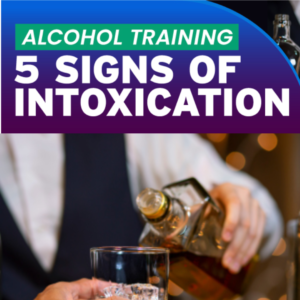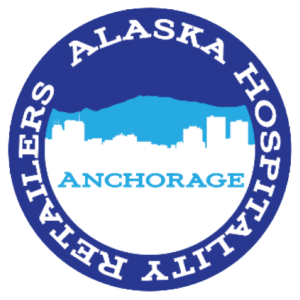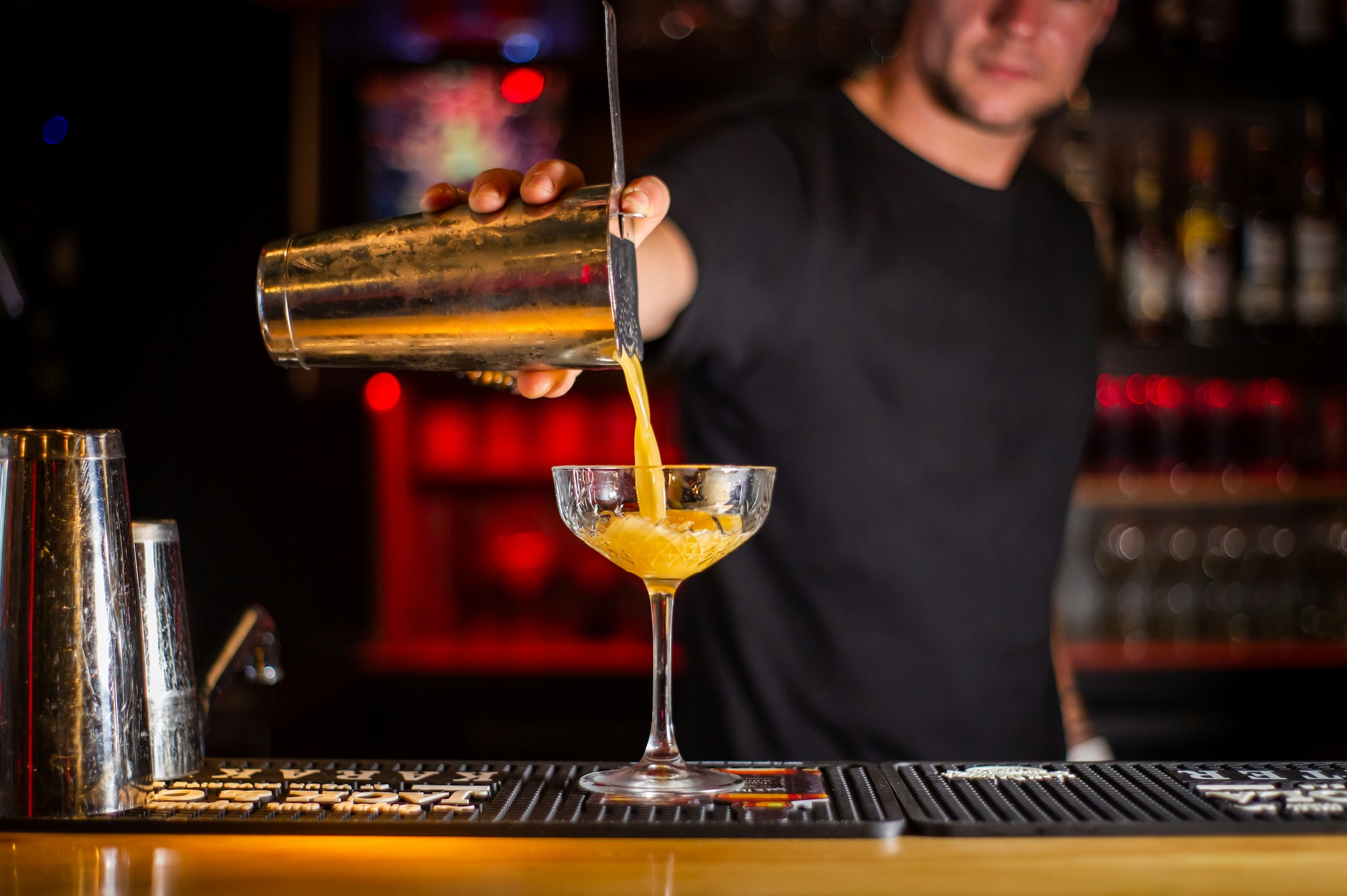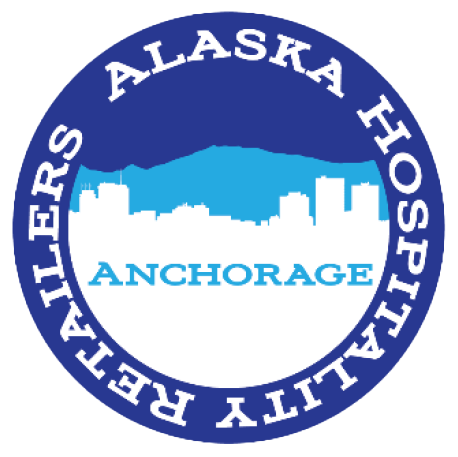
TIPS (Training for Intervention ProcedureS) is a dynamic, skills-based training program designed to prevent intoxication, drunk driving and underage drinking by enhancing the fundamental “people skills” of servers, sellers and consumers of alcohol. TIPS gives individuals the knowledge and confidence they need to recognize potential alcohol-related problems and intervene to prevent alcohol-related tragedies. We are currently developing virtual classes where you can take the course at the convenance of your office, home, or basically anywhere. See the current course schedule.
Which States Allow Online Alcohol Purchases?
From TiPS TRAINING:
We all like the conveniences of delivery – whether it’s dinner, groceries, or alcohol. The problem is that with a restricted substance like alcohol, delivery isn’t automatically legal. In most cases, jurisdictions have had to set up specific permit types and laws to accommodate residential shipping or delivery of alcoholic beverages.
These laws are changing very fast, so it can be hard to keep track of where it’s legal and what the rules are. In this blog, we do our best to help you sort out which states allow you to buy alcohol online, which states allow alcohol delivery, and other related questions.
GO TO: Alaska Approved Alcohol Server Training
IMPORTANT: Online training does not fulfill regulatory requirements in this state. You may complete this course for employer-required training or educational purposes. If you would like to obtain state-approved certification, please enroll in a classroom course.
How to Recognize an Intoxicated Person
 Everyone who drinks runs the danger of consuming alcohol excessively. Unfortunately, some people don’t know how to manage their alcohol intake. This changes a person’s behavior and makes it difficult to manage their actions. It can therefore increase the risk of an awful and unexpected outcome.
Everyone who drinks runs the danger of consuming alcohol excessively. Unfortunately, some people don’t know how to manage their alcohol intake. This changes a person’s behavior and makes it difficult to manage their actions. It can therefore increase the risk of an awful and unexpected outcome.
So how can you tell if a person is showing signs of intoxication? The person will exhibit symptoms of drunkenness in their behavior, coordination, and appearance. The following are examples of the behavioral cues a person may display:
1. Becoming talkative or loud indicates lowered inhibitions
2. Using foul language or misbehaving, indicating impaired judgment
3. Moving very slowly or unfocused eyes displaying slowed reactions
4. Stumbling or swaying indicates a loss of coordination
The list does not include many intoxication rate factors, which we shall discuss later. READ MORE ON THE TiPS WEBSITE.



